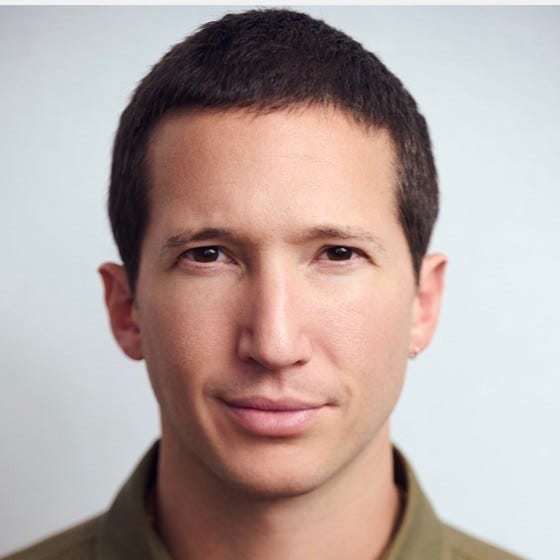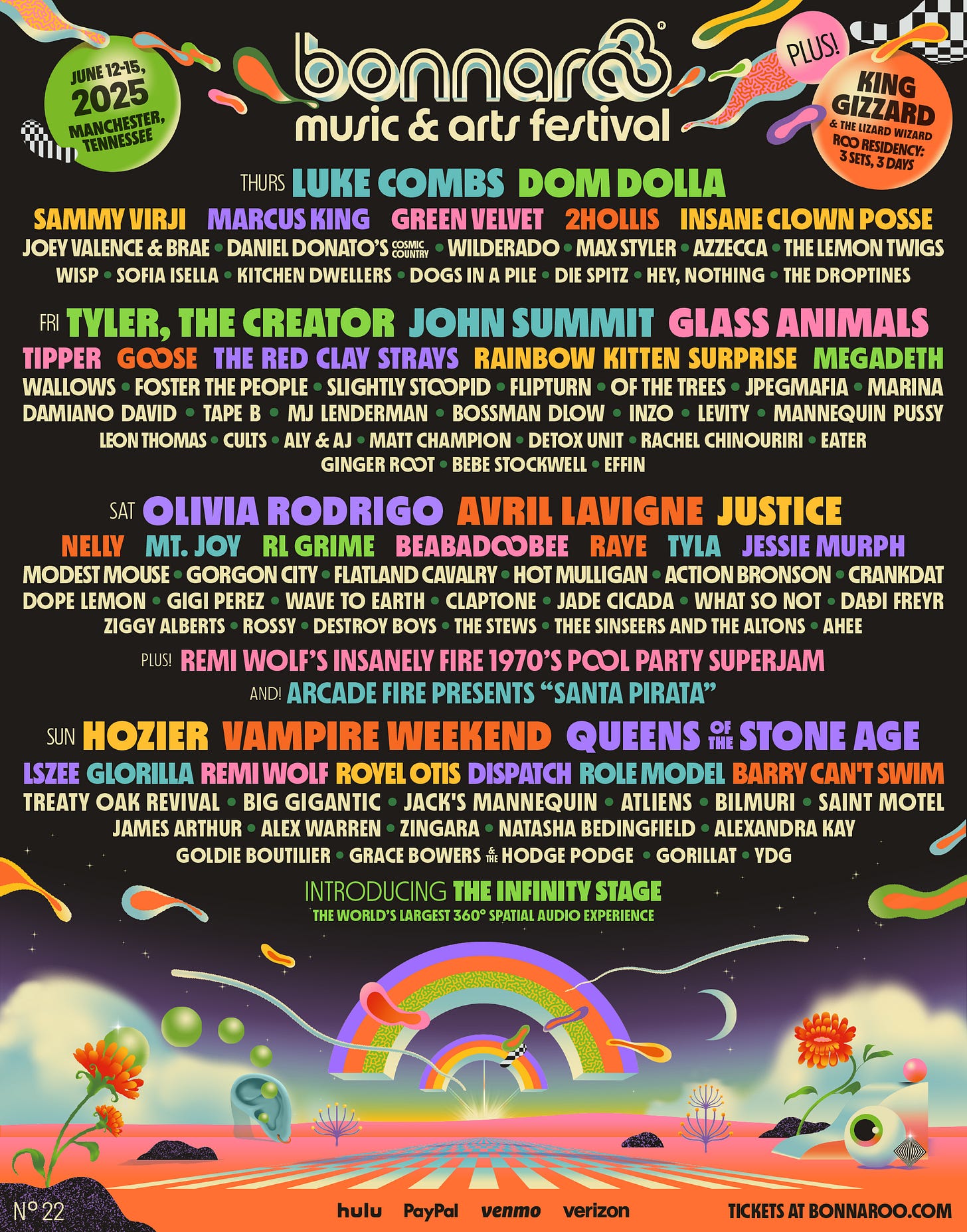How to Book a Festival: A Conversation with Adam Brill & Jesse Fayne
Two Wasserman execs stop by to break down the ins-and-outs of how festival lineups come together
I am an unabashed lover of music festivals. Whether it’s a small festival that occurs during the afternoon with ten local acts or a multi-day extravaganza that involves traveling hundreds of miles and sleeping in a tent, you can catch me there. So, when I had the opportunity to speak with festival execs Adam Brill and Jesse Fayne at the Wasserman Music, I was excited.
Wasserman Music is a subsidiary of the Wasserman Group, a company founded by Casey Wasserman, the grandson of famed media mogul Lew Wasserman. Over the last 20 years, the company has become a powerhouse in both the live music and entertainment spaces. Adam Brill and Jesse Fayne work in their growing music festivals department. Brill focuses on festivals in the United States, while Fayne does the same for the rest of the world. Over an hour, we spoke about the evolution of festivals in the last decade, how COVID impacted live music, the ways that data impacts bookings, and so much more.
Coachella took place last month. I’ve heard that booking artists and where they fall on a lineup poster is extremely contentious. Could you walk me through how a lineup comes together for a big festival like that?
Adam Brill: We are here to build relationships with festivals and help them find the perfect act for the perfect day at the perfect time slot. Understanding which acts work best is sort of in our DNA. We want to be experts. We want to be in the details. We want to know which acts are performing at the same time and which competing acts are playing before or after them. It’s all part of the equation to make artists and festivals win.
Does that process change at all internationally, Jesse?
Jesse Fayne: I’d say booking internationally is much more centered around an anchor date, meaning the festival helps supplement a headline run. For example, there’s a specific run of hip-hop festivals in Europe in late-June and mid-July. If a hip-hop act doesn’t get on those festivals, they probably won’t try to tour the region. Whereas in the U.S., they’d probably still tour whether they got those festival bookings or not. It’s just a lot more expensive to tour internationally, so an anchor date helps.

Is most of your focus on festivals in Europe? Or do you work on festivals elsewhere too?
Jesse Fayne: We are the Wasserman Global Festival department. My team focuses on all territories outside of North America including the United Kingdom, European Union, Asia, Australia, and LATAM. We have dedicated agents whose primary focus is to build close relationships with buyers inside of these markets. UK/EU is an incredibly established marketplace for music festivals however we are seeing Asia constantly evolve.
In the wake of COVID, there was this talk of the “festival bubble” bursting, meaning that so many music festivals cropped up in the 2010s that there was no way to sustain. From my perspective, the space actually seems quite healthy. I’m curious what you two have seen. Are things slowing down?
Adam Brill: I think things have mellowed out a little in the festival space. That said, I don’t think we are in bad shape by any means. It’s still a very healthy part of the music business. There were some festivals that folded, though. Others took a break for a year. Hangout, for example, took a pause after 2024, but Morgan Wallen filled that space with his Sand in My Boots festival. It can be a good thing to step back.

Do you agree, Jesse?
Jesse Fayne: On a global platform, Coachella and Primavera Sound in Barcelona are a good barometer for how the rest of the year will go for festivals. Coachella had an incredibly strong year and Primavera has sold out well in advance. The festival marketplace feels healthy.
This may sound like a silly question, but do you think the success of a festival is just based on who they book? I ask this because I went to Bonnaroo a few times, and while we were drawn because of who was playing, the vibe of that festival is also so important.
Jesse Fayne: Brand identity is key for a music festival to continue to flourish. They have to understand their core demographic and lean into it. Fans want to be surrounded by like-minded people and want to be assured of the experience they are going to receive for the money they are spending.
As you two have been in the business for a long time, what do you think has been the biggest change in the live event space during your tenure?
Jesse Fayne: The headliner power has shifted into the artist’s hands. For years, headlining a major music festival was the pinnacle of an artist’s career. Over the last several years, platinum ticketing has opened up a door for A+ talent to make much more money on arena-level grosses. Now, the artist can make more money and have complete creative control of their performance. This has been a huge challenge for festivals competing with these two points to land themselves a headliner




